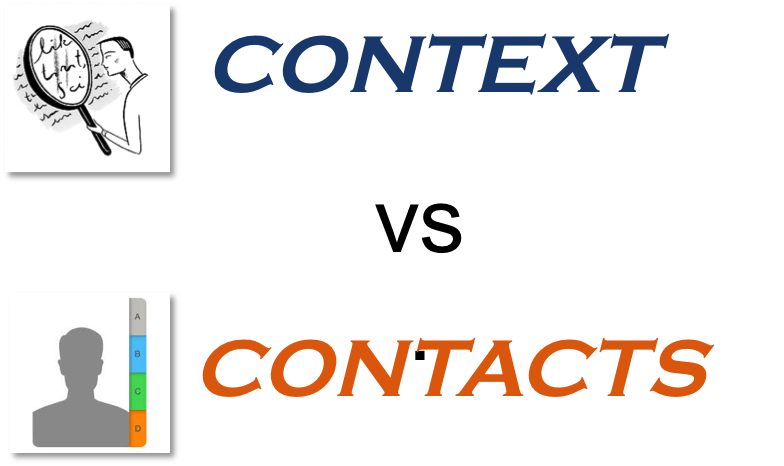Leveraging a Board Position
April 07, 2014 | By Wayne O'Neill A friend of mine sits on five boards—he’s done so for years. Recently he came to me and said, “You know, I’ve been doing this for five years and I can’t honestly say that I’ve leveraged it or connected with anybody or I’ve used that.” And it’s not just him. Many of my clients struggle with leveraging a board position and making it worthwhile.
A friend of mine sits on five boards—he’s done so for years. Recently he came to me and said, “You know, I’ve been doing this for five years and I can’t honestly say that I’ve leveraged it or connected with anybody or I’ve used that.” And it’s not just him. Many of my clients struggle with leveraging a board position and making it worthwhile.
Why you’re on the board vs. why you should be
Yes, it’s good to have on your resume. Yes, it looks good on LinkedIn. But here’s the issue behind the issue: it’s really a way to gain insight in the deepest levels of business and political issues of any organization. It gives you new insight into other institutional clients and what they’re struggling with. Once you have a board position in education, it gives you new insight to what people are dealing with in healthcare, what it looks like in government—a lot of different levels.
It’s not the direct contacts, it’s the context of what you learn about as a board member. Once you become a board member and you absorb all that comes along with that, it’s a great way for you to start conversations. You can begin using the position to connect, and to show your people how to start connecting in a more respectful and authentic way. They’ll be less clumsy in how they go about things, and more aware of what other companies are struggling with. Because you’re in the inner sanctum, you can share that knowledge with the people on your team.
While you’re on the board…
Think about this: besides paying attention to your duties as a board member, how much are you drinking in the journey of being on that board? Are you dealing with challenges and looking for solutions, or pushing paper around and delegating? Solutions as a board member are always more complex, because they’re business driven but they’re also very political. There’s a delicate balance between the two. An issue could be 70% political, 30% business, the reverse, or anywhere in between. It’s tough, but it gives you a new perspective.
Boards are where fears are aired, where solutions are struggled with, and where those challenges and solutions come together. It all happens in that board room. Take advantage of this insight and apply it in other aspects of your business.
My advice
If you’re looking to have a board position, a board that would be effective to serve on would be one that is on the frontline of social issues. For example, workforce creation and the quality of workforce creation. Get on a board that deals with what our society as a whole is struggling with. It’s not about the breadth of your connections, it’s about the breadth of your understanding.
When people climb a mountain or do something unique, they are often too focused with the achievement or the reason behind the attempt to drink in all of what is going on when it’s happening. My advice is to not just look for the end result, to savor your experience and get everything you can out of the journey.
Here’s the bottom line…
Once you have a deeper understanding of one industry, you can apply it to others. Some things are universal.
It’s not about contacts, it’s about context. It’s about understanding.
When you’re faced with challenges as a board member, drink it in and apply it. Don’t let an opportunity for learning be passed up because you’re going through the motions.
